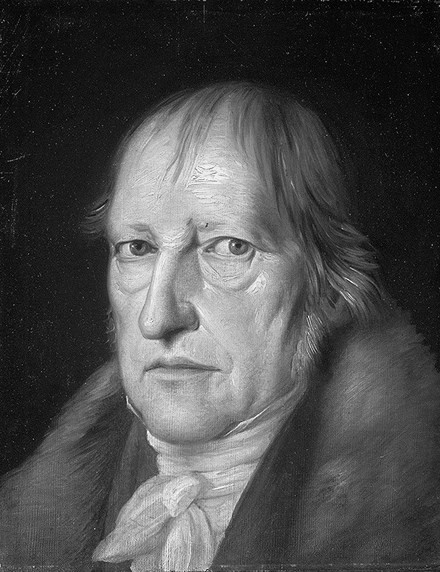
Publication details
Publisher: Springer
Place: Berlin
Year: 2019
Pages: 77-91
Series: Contributions to Phenomenology
ISBN (Hardback): 9783030175450
Full citation:
, "Archeo-logos", in: Hegel and phenomenology, Berlin, Springer, 2019


Archeo-logos
Hegel and Heidegger on finding the principle in Heraclitus' saying
pp. 77-91
in: Alfredo Ferrarin, Dermot Moran, Elisa Magrì, Danilo Manca (eds), Hegel and phenomenology, Berlin, Springer, 2019Abstract
The logos of Heraclitus, the all-encompassing saying of the arche of phusis, is a complex notion. Moreover, in regard to phusis (beingness), arche can be understood in at least two ways: as an appreciation of beingness in regard to a supreme being, or as an appreciation of Being as permitting the disclosure of beingness. This article aims to show that Heraclitus' logos is, in its entirety, onto-proto-logical and, therefore, can support these two seemingly different appreciations of the arche of phusis. It will do so by showing how Hegel's and Heidegger's interpretations of Heraclitus can coexist in the Obscure's remaining fragments. Furthermore, this article aims to show that the Heideggerian interpretation of Heraclitus rests on the Hegelian reading, and that for Heidegger to finally posit that phenomenology is tautology implies a break with Hegel, but also from Heraclitus and from any other expression of metaphysics. Heidegger's relationship to Heraclitus (and to Hegel, who inevitably lies in the background) reveals how Heidegger radicalized his own phenomenological thought.
Cited authors
Publication details
Publisher: Springer
Place: Berlin
Year: 2019
Pages: 77-91
Series: Contributions to Phenomenology
ISBN (Hardback): 9783030175450
Full citation:
, "Archeo-logos", in: Hegel and phenomenology, Berlin, Springer, 2019




